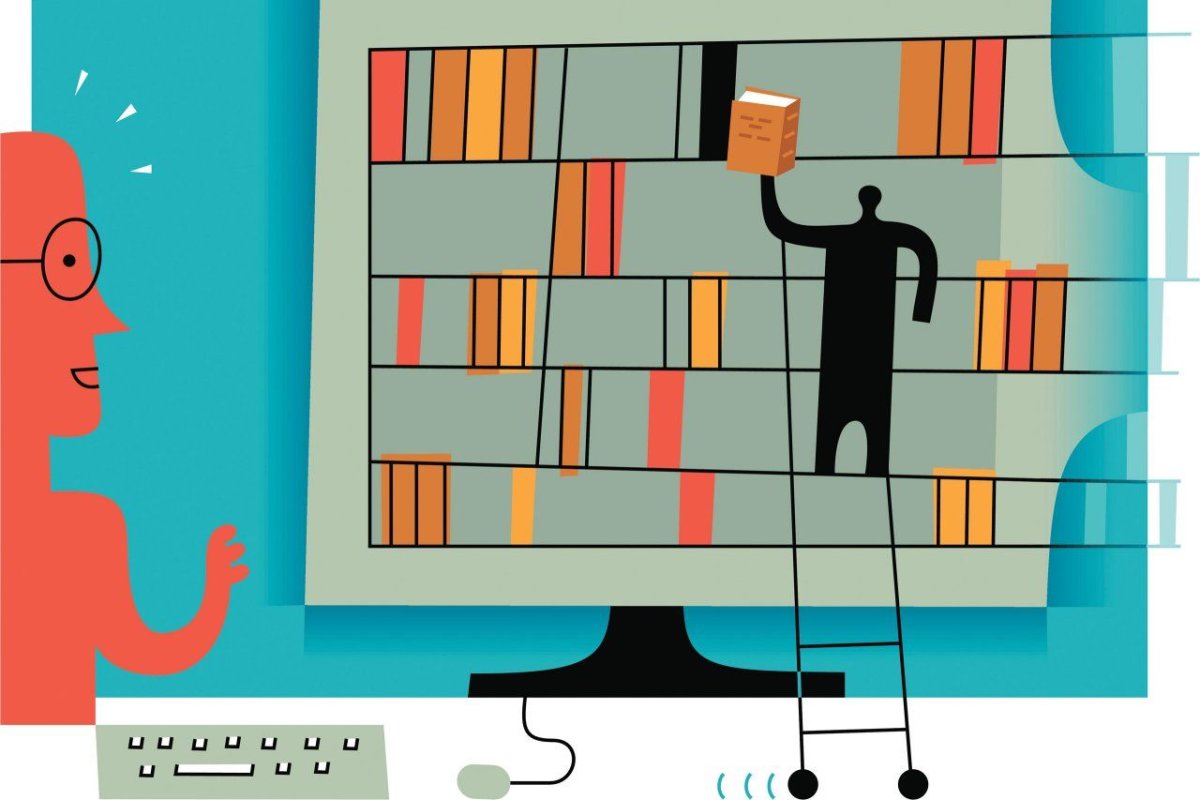
Darkly Digital
Over the past few years as we've watched the digital revolution help bring about political and social revolutions around the world, it has seemed inevitable that the Internet would set people free. But think again, say Jared Cohen of the Council on Foreign Relations and Eric Schmidt, the chairman of Google. "Technology doesn't just help the good guys pushing for democratic reform," they write in an essay posted on the council's website, CFR.org. "It can also provide powerful new tools for dictators to suppress dissent." Western companies are more than happy to help the tyrants. "Everything a regime would need to build an incredibly intimidating digital police state" is "commercially available right now," say Cohen and Schmidt. And this isn't just about reading emails, tracking tweets, and checking out Facebook. Soon dictators will be able to compile vast databases of biometric information: DNA, fingerprints, voices. Facial-recognition software is growing ever more sophisticated. "With cloud computing," say Cohen and Schmidt, "it takes just seconds to compare millions of faces." Big Brother will start to look like Tiny Tim. Be warned: "By indexing our biometric signatures, some governments will try to track our every move and word."
Keeping the Spark Alive

Are men more emotional about sex than women? Columnist Elizabeth Bernstein at The Wall Street Journal argues that, on the basis of several recent studies, the answer is yes. "Men tend to express feeling with actions, not words," she writes, quoting the family therapist Esther Perel, who says that "when a man gets depressed because he's not being touched, it's just like the little boy who stands in his crib and cries to be picked up. He is experiencing emotional deprivation." So if sex is removed from the relationship, in essence that removes the man's "primary emotional outlet." In some marriages, of course, the man and the woman may have very different notions about how much sex is desirable. As one country music song describes the problem: "She Ran Out of Give (Before I Ran Out of Take)." But a study in the current issue of Social Psychological and Personality Science concludes that "being motivated to meet a partner's sexual needs sustains desire in long-term romantic relationships." Couples build what the study calls "sexual communal strength," and those who have it, both men and women, generally are happier than those who don't.
Rose-Colored Blinders

Researchers at Stanford University, disturbed by the increasing polarization in American life and politics, have developed mathematical models to study our biases. And they've made some intriguing discoveries. Prevailing sociological theory holds that "like seeks like." People who have similar opinions tend to get together and reinforce each other's views, creating an echo chamber for uncompromising attitudes. But there is another factor that may be even more important. The researchers looked at how people tend to accept evidence that fits their views, dismiss facts that don't, and tailor inconclusive evidence to fit their prejudices. "You might think that seeing identical evidence would produce greater moderation and agreement, but it doesn't," says David Lee, one of the paper's co-authors. "It seems we look at the world with rose-colored blinders. We see what we want and ignore what doesn't fit." The researchers are now looking at ways to counteract this polarization. There are several systems on the Web that recommend news articles and products based on the user's likes and dislikes. These could throw in an occasional wild card with a different point of view. That won't end polarization, but it might slow it down a bit at least.
The Society of Spectacle

Big ideas come and go, but some of them, when they come back again, look really prophetic. So it is with the French philosopher Guy Debord's treatise "The Society of Spectacle," published in 1967. As John Harris pointed out recently in The Guardian, Debord predicted a society in which who we are would become increasingly a question of what we have—and the importance of what we have would be a matter, essentially, of illusory appearances. Debord anticipated the rise of celebrity culture in which "stars serve as superficial objects that people can identify with" in order to compensate for the tedious compartmentalized lives they actually live. And Debord wrote about "the masks of total choice" that obscure deeper forms of alienation. (Harris sees an analogy there with "the white noise of most online life.") Debord hoped we could find islands of authentic experience in the sea of virtual illusions. But Harris is not optimistic. "I always picture the archetypal modern crowd," he writes, "squeezed up against each other, all looking intently at the blinking screens they hold in their hands, while their thumbs punch out an imitation of life that surely proves Debord's point ten thousand times over."
Wikipresident?

The greatest brain of the 21st century? The implication of a new study by Simon DeDeo at the Santa Fe Institute is that it's Wikipedia—all of our brains put together. When the online encyclopedia first appeared 11 years ago, many critics expected it to be a sounding board for geeks and cranks and little else. Sometimes it's been just that, in fact. But as Wikipedia has matured, it has proved much bigger than the sum of its parts. It's a sort of laboratory that demonstrates, according to DeDeo, the sometimes unexpected ways people "create societies that have extremely high cooperation." As a sort of paradigm, DeDeo singles out the entry on President George W. Bush, which has been "edited" by Wikipedia contributors 45,000 times. "Show me a place on the Internet where people agree about George W. Bush," says DeDeo. "But the Wikipedia article reads as if it was written by aliens who didn't care [about Bush]—although we know it was written by people who cared a lot." What all this points to, says DeDeo, is the development of an open-ended system "constantly generating new patterns of behavior that haven't been seen before."
A Borderline Case

"Illegal immigration isn't what it used to be," writes Andrew Selee of the Wilson Center. Overall, illegal entry is at its lowest level in 40 years, and more than a quarter of the immigrants are now non-Mexicans, mostly from Central America. (Mexican immigrants used to comprise up to 95 percent of unauthorized crossings.) There are a number of factors in play. In part, it's enforcement. Selee reports that the U.S. government spends "more on immigration enforcement than all the other federal law enforcement agencies combined," including the FBI, the DEA, the ATF, and the Secret Service. That's having a deterrent effect. But another factor is what's happening on the other side of the border. The Mexican economy has had 15 years of sustained growth. The wage gap between the United States and Mexico that used to be 7 to 1 in the 1990s is now 4 to 1. Demographics are changing, too. The number of Mexicans ages 15 to 29, who are the likeliest to immigrate, has stabilized and will soon drop. As debate continues over new laws and policies, says Selee, "Americans need to revamp their image of who wants in, where they're coming from and why."
Uncommon Knowledge
Newsweek is committed to challenging conventional wisdom and finding connections in the search for common ground.
Newsweek is committed to challenging conventional wisdom and finding connections in the search for common ground.
About the writer
To read how Newsweek uses AI as a newsroom tool, Click here.








